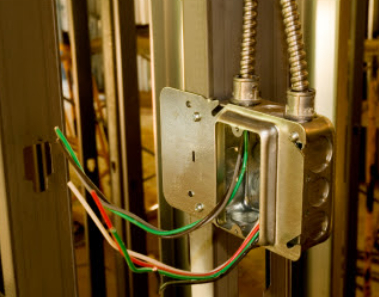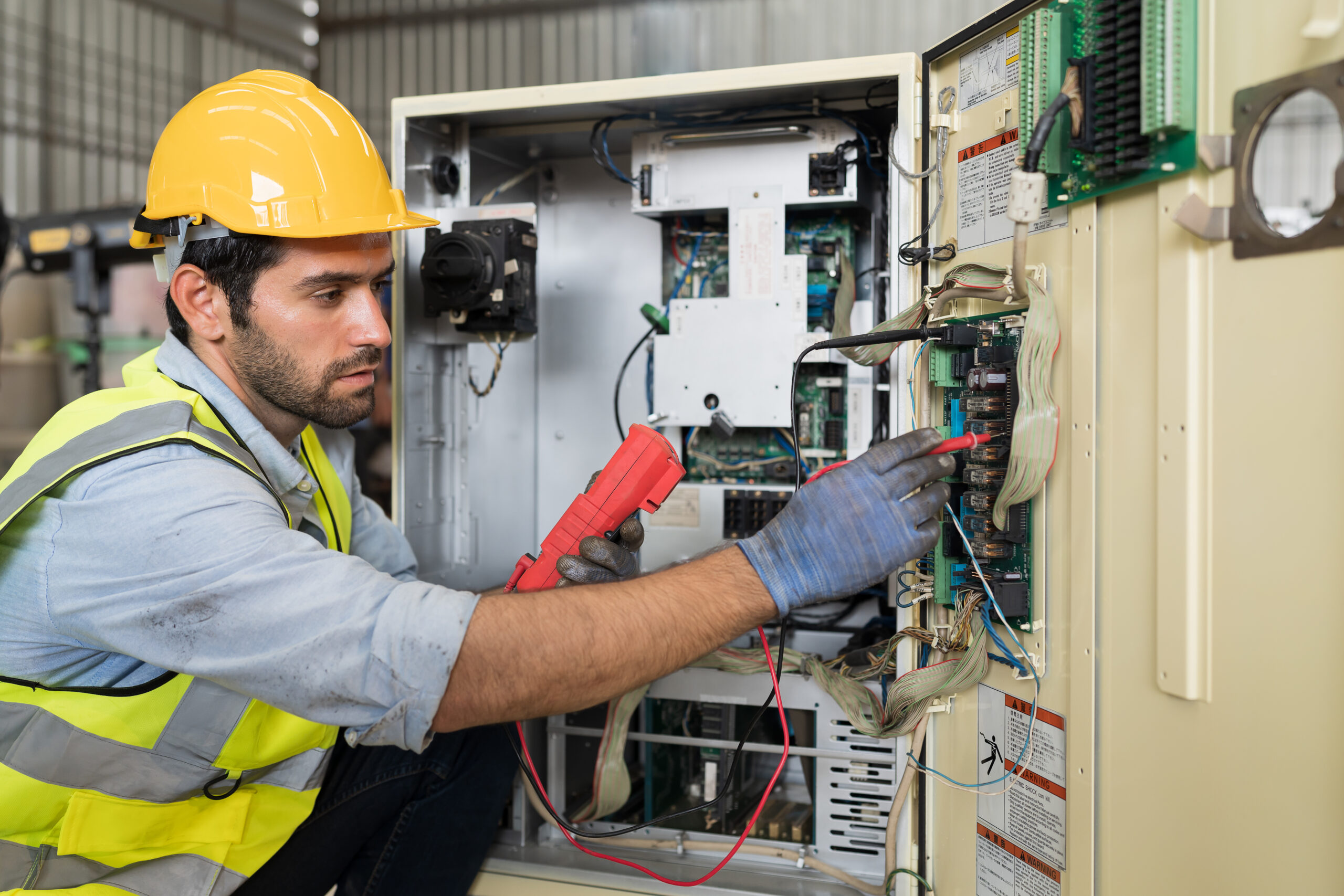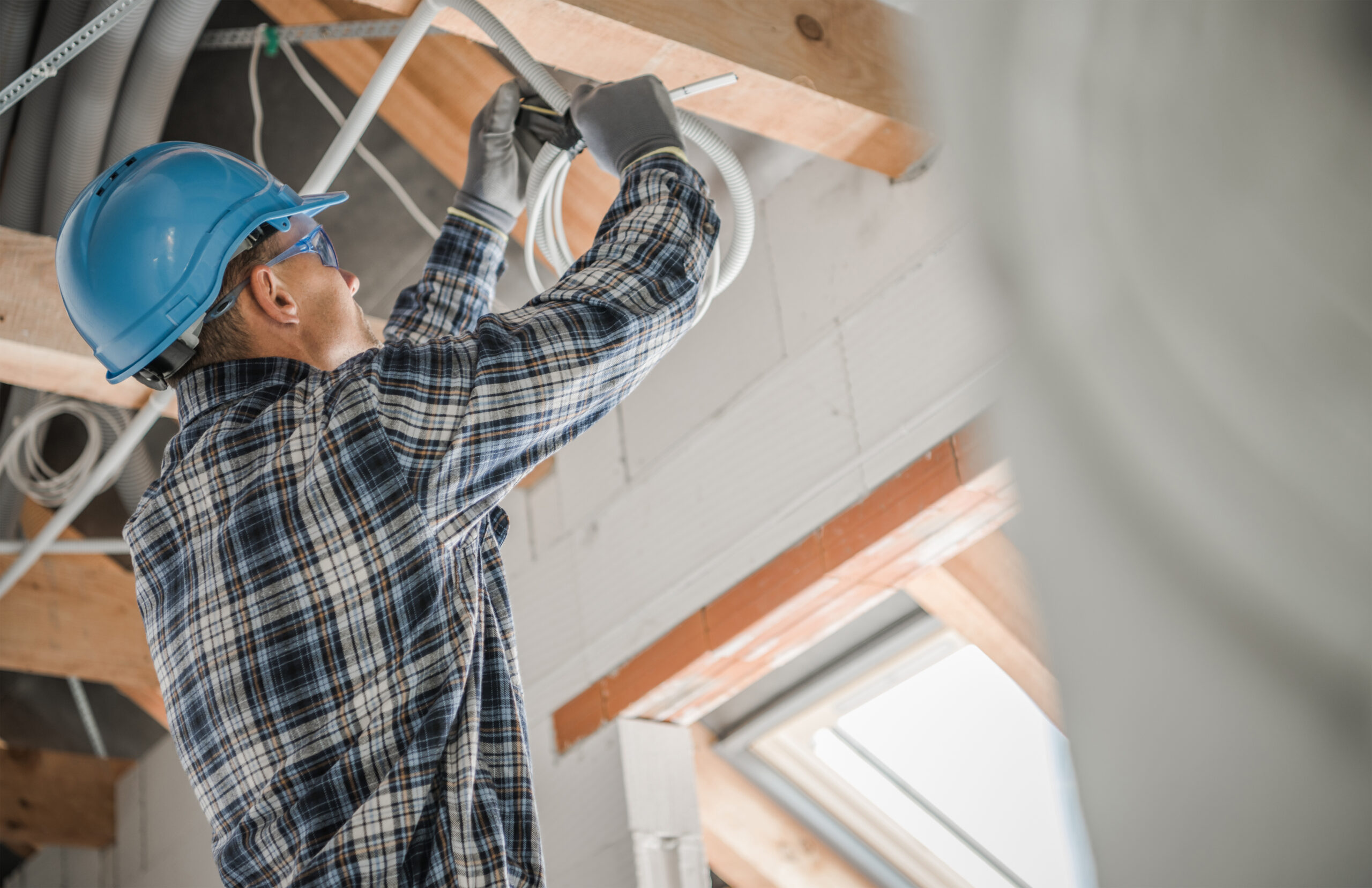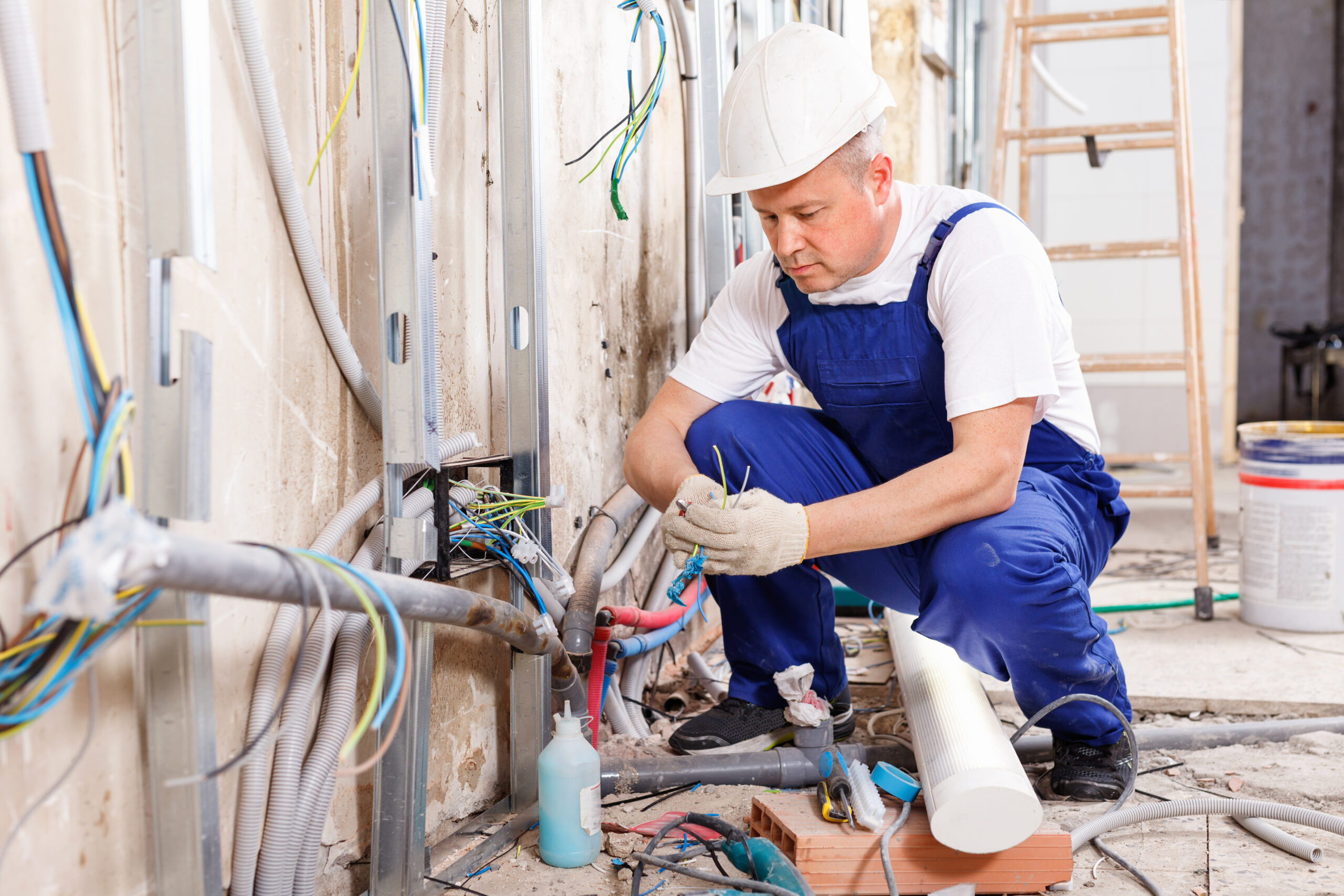
Electrical systems are intricate and demand expertise for inspection, installation, and repair to mitigate potential hazards like electrocution and fire outbreaks. Unfortunately, the risks they pose may not always be apparent, leading to situations going unnoticed until they escalate into major accidents. In this context, we aim to share our knowledge regarding a common issue faced by homeowners—excessive heating of home wiring, a concern that, if neglected, can lead to fire outbreaks.
As a professional Electrician Fort Worth TX, we frequently receive calls and queries from clients concerning overheating home wiring. Recognizing the prevalence of this problem, we’ve decided to address it in this blog, aiding our readers in understanding the causes of home wiring overheating and suggesting preventive measures.
This blog provides basic insights, it is crucial for readers to consult a local electrical service in Fort Worth, TX, as situations vary, and tailored action plans are necessary. This blog serves as a resource for building fundamental understanding on the subject.
What Causes Home Wiring to Heat Up:
- Environmental Temperature:
-
- Room coolers and air conditioning units may keep you cool, but the electrical wiring behind walls and in the attic lacks the same privilege.
- Home wiring must endure the superheated attic environment, carrying the load of air conditioning units. The temperature difference can exceed 40°F, causing the wiring to heat up.
- Electrical Current:
-
-
- The flow of electrical current through wires generates heat due to resistive forces in the material.
- Single-stranded, broken, or twisted wires increase resistance, contributing to elevated temperatures.
- Combined with environmental factors, temperatures in home wiring systems can reach 194°F in attics, potentially damaging insulation. If extreme heating is observed, immediately cut the main circuit breaker and consult a local electrical service in Fort Worth, TX.
-
- Characteristics of Existing Wiring:
-
-
- Homes constructed before the 1970s often used single-strand aluminum wiring due to high copper prices.
- Aluminum wires lack the durability of copper and struggle to meet the demands of modern homes, leading to frequent complaints of heated wires. Consult a local electrical service to determine your wiring type.
-
- Lack of Electrical Circuits:
-
-
- Using single circuits for multiple applications, like powering several kitchen appliances simultaneously, can overload circuits and heat up wiring.
- Addressing this issue is crucial to prevent potential fire breakouts.
-
- Improper Grounding:
-
- Improperly grounded circuits can lead to power surges, dissipating excess energy as heat in home wiring. Ensure proper grounding through professional inspections.
What You Can Do About It:
- Rewiring:
-
-
- Consider rewiring with larger diameter wires to reduce resistance.
- Replace aluminum wiring with code-compliant copper wires, or install copper wire connectors as a temporary solution.
-
- Add More Circuits:
-
-
- Hire a qualified electrician Fort Worth TX to integrate additional circuits to prevent overloads within the existing home electrical network.
-
- Ensure Proper Grounding:
-
- Have your home wiring inspected by professionals to ensure proper grounding, handling unexpected power surges and preventing overheating.
FAQs About electrical overheating
- What happens when electricity overheats?
Overheating is a phenomenon of rising temperatures in an electrical circuit. Overheating causes damage to the circuit components and can cause fire, explosion, and injury. Damage caused by overheating is usually irreversible; the only way to repair it is to replace some components. - What causes electrical cables to overheat?
Cables can overheat for several reasons including overloading, poor connections, the environment, and short circuits. Poor connections in particular, are a common cause of overheating. - What causes electrical heat?
Electric currents generate heat as they pass through resistive elements of a circuit. The higher the resistance of a conductor, the more heat will be generated as current passes through it. Thus, the generation of heat by electric current as it passes through a conductor is an inevitable consequence.
In conclusion, understanding and addressing overheating home wiring in Fort Worth, TX, is crucial for both safety and the proper functioning of electrical systems. Several factors contribute to overheating, including overloaded circuits, poor installation, and outdated wiring. To mitigate these issues, homeowners should prioritize regular inspections, avoid overloading circuits, and invest in professional installations and upgrades when needed. Additionally, promoting awareness of electrical safety measures and seeking professional assistance can go a long way in preventing overheating issues, ensuring a secure and efficient electrical infrastructure for homes in Fort Worth, TX.




